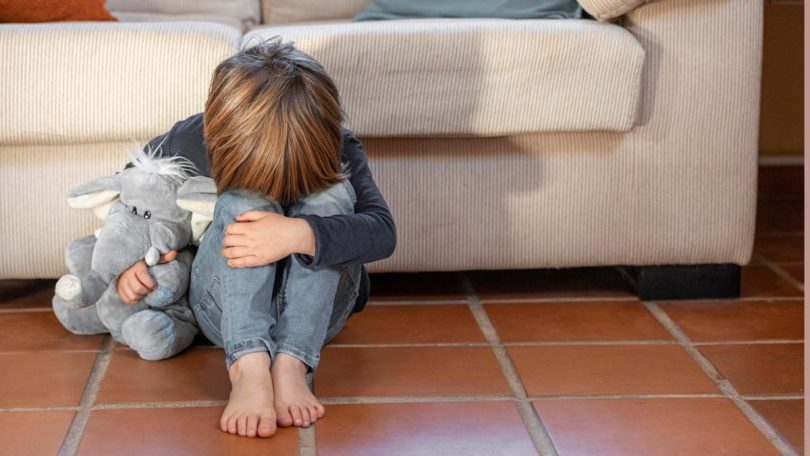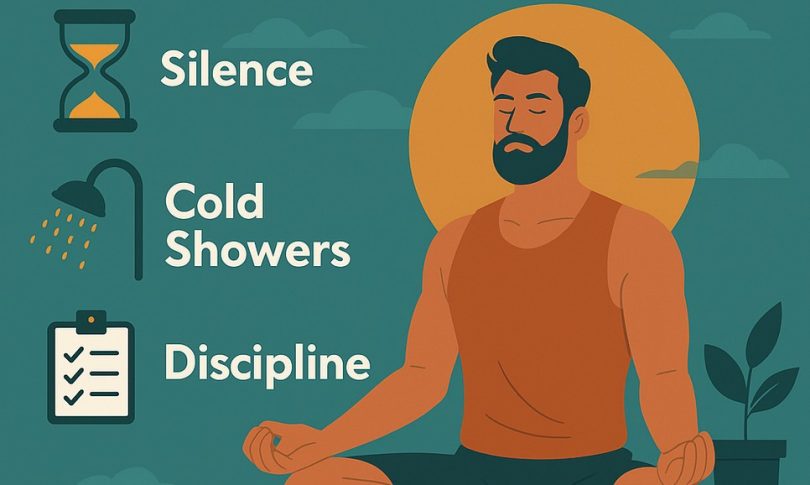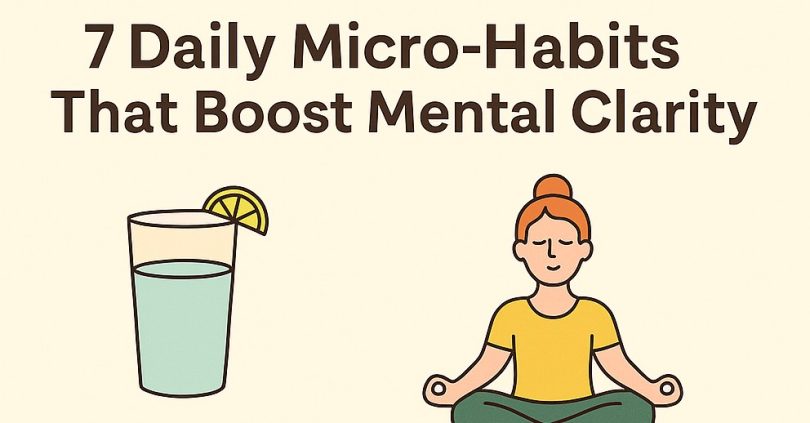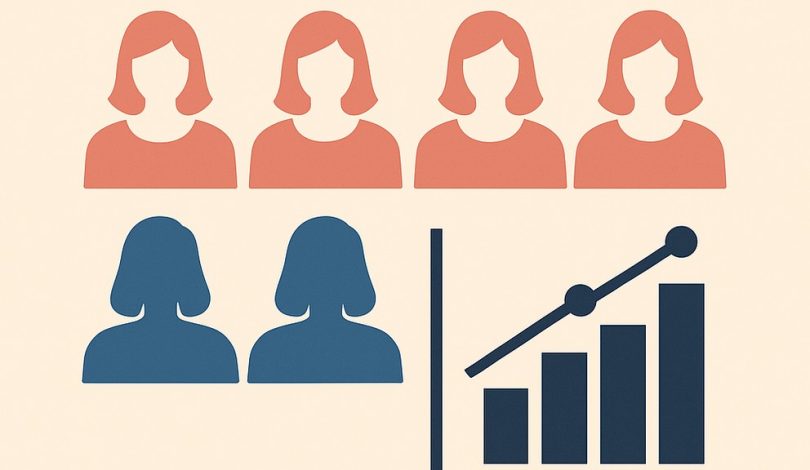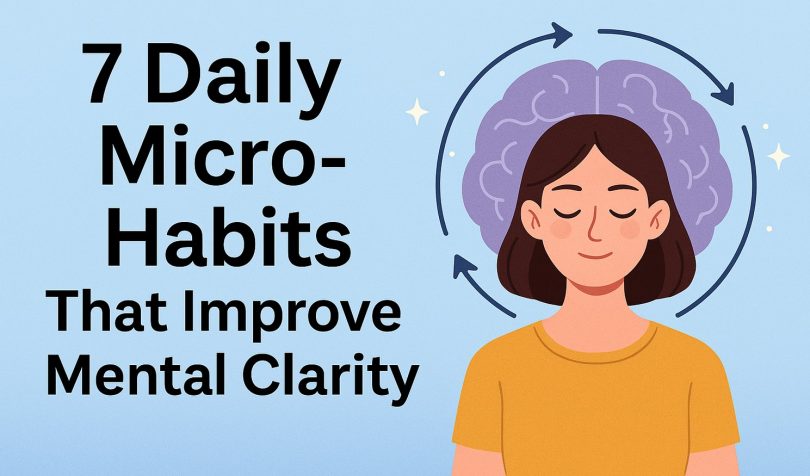Childhood trauma can cast a long shadow, affecting various aspects of health and well-being throughout a person’s life. From mental health challenges to physical ailments, the impact can be profound and far-reaching. In this article, we’ll explore in detail how childhood trauma, throughout a lifetime, influences health across a lifetime, examining its biological, psychological, and social ramifications.
Table of Contents
- Understanding How Childhood Trauma Affects Health Across a Lifetime
- The Lifelong Impact: Biological Effects of Childhood Trauma
- Mental Health Consequences: Understanding How Childhood Trauma Shapes Health Across a Lifetime
- Physical Health Implications
- Social and Emotional Effects
Key Takeaways
- Childhood trauma profoundly impacts health across generations, influencing mental, physical, and social well-being.
- Biological mechanisms, such as changes in brain development and stress response systems, play a crucial role in mediating the effects of childhood trauma.
- Mental health consequences include PTSD, depression, and addiction, while physical health implications encompass chronic illnesses and immune system dysregulation.
- Socially and emotionally, childhood trauma can lead to difficulties in forming relationships and regulating emotions.
Understanding How Childhood Trauma Affects Health Across a Lifetime
Childhood trauma refers to experiences of physical, emotional, or sexual abuse, as well as neglect, during the formative years of a person’s life. It’s important to recognize that trauma can manifest in various forms and intensity, and its effects can be profound and long-lasting.
Types of Childhood Trauma
There are several types of childhood trauma:
- Physical abuse:
- Emotional abuse:
- Sexual abuse:
- Neglect:
The Lifelong Impact: Biological Effects of Childhood Trauma
Childhood trauma doesn’t just affect the mind; it also leaves a lasting imprint on the body. Biological mechanisms play a significant role in mediating the effects of trauma, influencing brain development, stress response systems, and even genetic expression.
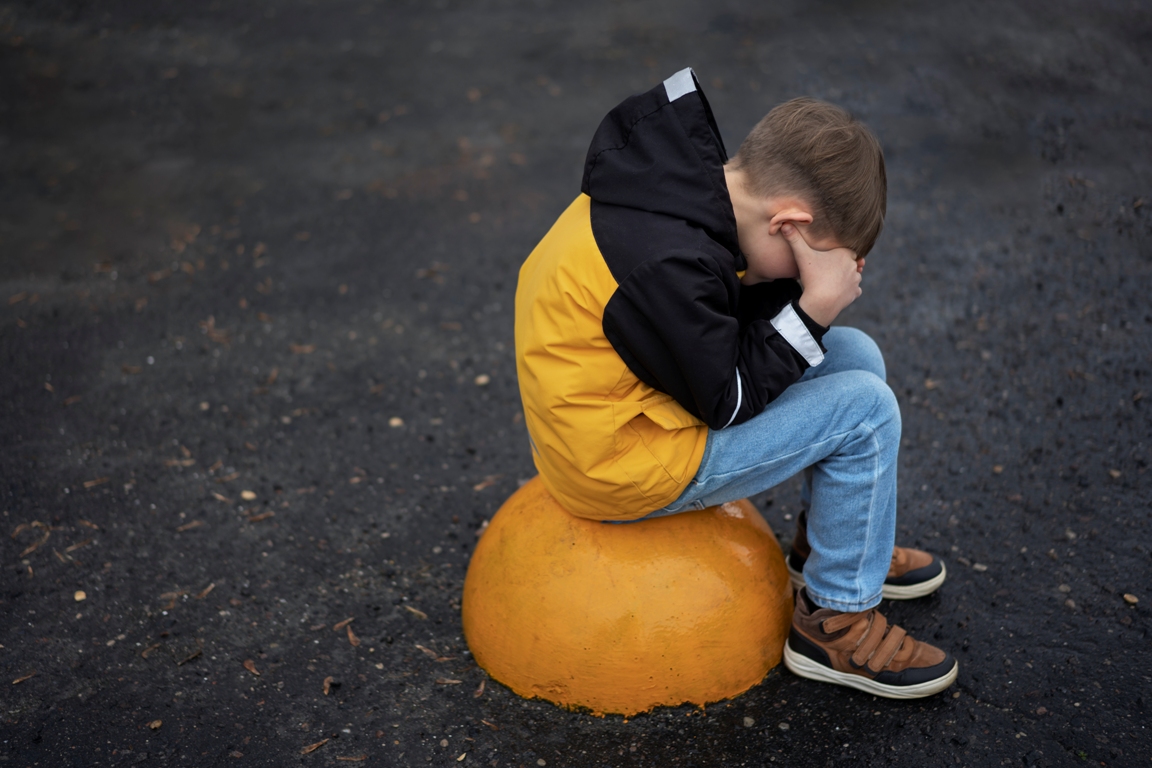
Impact on Brain Development
One of the most profound effects of childhood trauma is its impact on brain developmen. Research has shown that trauma can alter the structure and function of the brain, particularly areas involved in emotional regulation and stress response.
Impact of Childhood Trauma on Stress Response Systems
Childhood trauma can dysregulate the body’s stress response systems, such as the hypothalamic-pituitary-adrenal (HPA) axis. This can lead to chronic stress and increased vulnerability to mental and physical health problems.
Mental Health Consequences: Understanding How Childhood Trauma Shapes Health Across a Lifetime
The psychological toll of childhood trauma can be profound, leading to a range of mental health consequences that may persist into adulthood.

Post-Traumatic Stress Disorder (PTSD)
PTSD is a common consequence of childhood trauma, characterized by intrusive memories, flashbacks, and hypervigilance. It can significantly impair functioning and quality of life.
Depression and Anxiety Disorders
Childhood trauma increases the risk of depression and anxiety disorders, which can manifest in various ways, including persistent sadness, low self-esteem, and excessive worry.
Physical Health Implications
The effects of childhood trauma aren’t limited to mental health; they also extend to physical health, contributing to a range of chronic illnesses and conditions.

Impact of Childhood Trauma on Lifelong Health: Chronic Illnesses
Childhood trauma is associated with an increased risk of various chronic illnesses, including cardiovascular diseases, diabetes, and autoimmune disorders.
Immune System Dysregulation
Immune system dysregulation is another consequence of childhood trauma, leaving individuals more susceptible to infections and inflammatory conditions.
Social and Emotional Effects
Childhood trauma can have profound social and emotional effects, influencing the way individuals form relationships and navigate the world.
Impaired Social Relationships
Individuals who have experienced childhood trauma may struggle to form healthy social relationships, leading to feelings of isolation and loneliness.
Difficulty Regulating Emotions
Emotional regulation can be challenging for survivors of childhood trauma, leading to mood swings, impulsivity, and difficulty coping with stress.
Inter generational Transmission of Trauma: Exploring How Childhood Trauma Influences Health Across a Lifetime
The effects of childhood trauma can extend beyond the individual, influencing future generations through various mechanisms.
Transmission Through Attachment Patterns
Attachment patterns established in childhood can be passed down from one generation to the next, shaping how childhood trauma affects health across a lifetime and influencing the way individuals form relationships with their own children.
Role of Parenting Styles
Parenting styles influenced by childhood trauma can perpetuate harmful patterns of behavior, increasing the risk of trauma transmission to subsequent generations.
Coping and Recovery Strategies
While the effects of childhood trauma can be pervasive, there are strategies individuals can employ to cope and heal.
Seeking Therapy and Professional Help
Therapy can provide a safe space for survivors to process their experiences, learn coping skills, and work through trauma-related symptoms, illuminating how childhood trauma affects health across a lifetime.
Building Support Networks
Support networks comprised of friends, family, and community resources can provide invaluable support and validation for survivors of childhood trauma.
Preventive Measures and Interventions
Preventing childhood trauma and mitigating its effects require a multifaceted approach that addresses both individual and systemic factors.
Early Intervention Programs
Early intervention programs aimed at identifying and addressing childhood trauma can help mitigate its long-term impact and promote resilience.
Education and Awareness Campaigns
Education about the prevalence and effects of childhood trauma is crucial for raising awareness and reducing stigma surrounding mental health issues.

Frequently Asked Questions
How common is childhood trauma?
Childhood trauma is more common than often recognized, with studies suggesting that a significant portion of the population has experienced some form of trauma during childhood.
Can childhood trauma’s lifelong health effects be overcome?
While the effects of childhood trauma can be long-lasting, with appropriate support and intervention, individuals can learn to cope with their experiences and lead fulfilling lives.
What are the long-term effects of childhood trauma?
The long-term effects of childhood trauma can manifest in various ways, including mental health disorders, physical health problems, and difficulties in relationships and functioning.

